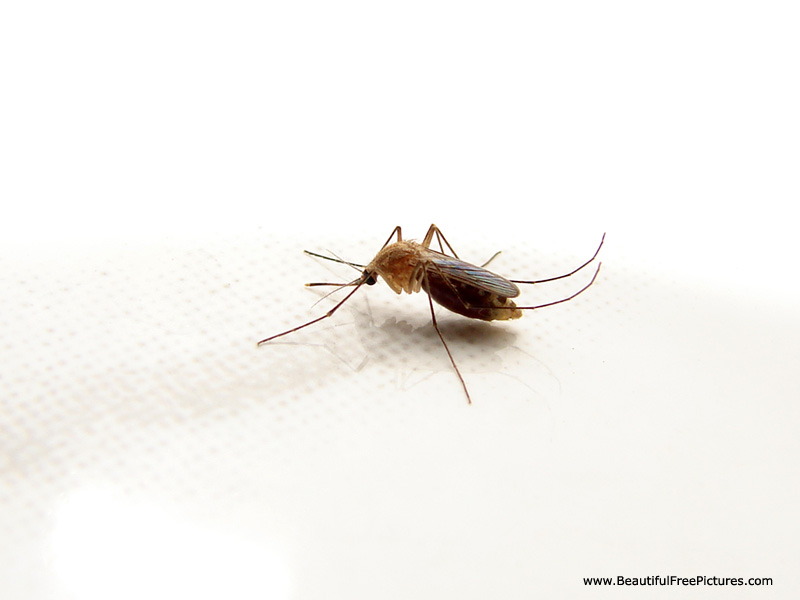Contributed by Lynn Sutfin, Michigan Department of Health and Human Services
First West Nile virus activity of 2018 detected in Michigan
Residents urged to use insect repellent, take other precautions outdoors
 LANSING (MICH.) – Now that warmer weather is here, the Michigan Department of Health and Human Services (MDHHS) is reminding residents that the best way to protect against West Nile virus and other mosquito-borne illnesses is to prevent mosquito bites. The first West Nile virus activity for the state was recently confirmed in mosquitos collected in late May in Saginaw County.
LANSING (MICH.) – Now that warmer weather is here, the Michigan Department of Health and Human Services (MDHHS) is reminding residents that the best way to protect against West Nile virus and other mosquito-borne illnesses is to prevent mosquito bites. The first West Nile virus activity for the state was recently confirmed in mosquitos collected in late May in Saginaw County.
People who work in outdoor occupations or like to spend time outdoors are at increased risk for West Nile virus infection from mosquito bites. Adults 60 years old and older have the highest risk of severe illness caused by West Nile virus.
“Use insect repellent to prevent mosquito bites when outdoors,” said Dr. Eden Wells, MDHHS chief medical executive. “It only takes one bite from an infected mosquito to cause a severe illness, so take extra care during peak mosquito-biting hours, which are dusk and dawn.”
West Nile virus is transmitted through the bite of a mosquito that has picked up the virus by feeding on an infected bird. Most people who contract the virus have no clinical symptoms of illness, but some may become ill three to 15 days after the bite of an infected mosquito. As summer temperatures rise, mosquitoes and the virus develop more quickly so it is important to protect yourself from mosquito bites as the weather warms.
Symptoms of West Nile virus include a high fever, confusion, muscle weakness and a severe headache. More serious complications include neurological illnesses, such as meningitis and encephalitis.
Last year, 40 residents were diagnosed with West Nile virus in Michigan with one death reported. Nationally, there were 2,002 human cases of the virus and 121 deaths reported to the Centers for Disease Control and Prevention.
The best way to prevent West Nile disease or any other mosquito-borne illness is to reduce the number of mosquitoes around your home and to take personal precautions to avoid mosquito bites. Precautions include:
- Use EPA-registered insect repellents with one of the following ingredients: DEET, picaridin, IR3535, oil of lemon eucalyptus or para-menthane-diol and 20undecanone. Follow the label instructions and apply as directed. Consult a physician before using repellents on infants.
- Avoid being outdoors when mosquitoes are most active, especially between dusk and dawn.
- When outdoors, wear shoes and socks, light colored long pants and a long-sleeved shirt. Dress young children in clothing that covers their arms and legs and cover cribs, strollers and baby carriers with mosquito netting.
- Make sure doors and windows have tight-fitting screens. Repair or replace screens that have tears or other openings. Use bed nets when sleeping outdoors or in conditions with no window screens.
- Once a week, eliminate all sources of standing water that can support mosquito breeding around your home, including water in bird baths, abandoned swimming pools, wading pools, old tires and any other object holding water.
For information about West Nile virus activity in Michigan and to report sick or dead birds, visit Michigan.gov/westnile. Additional information can be found at Cdc.gov/westnile.

